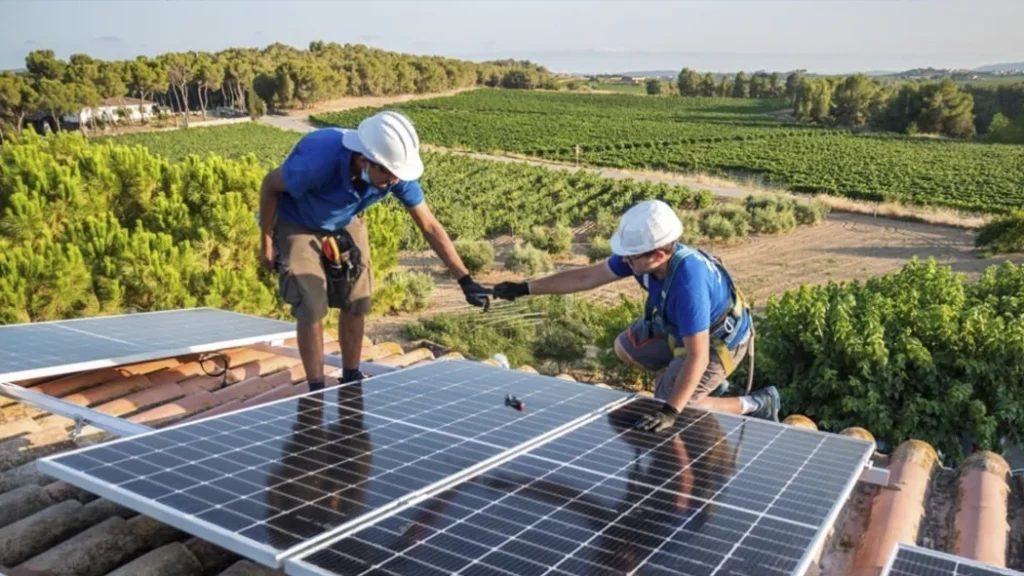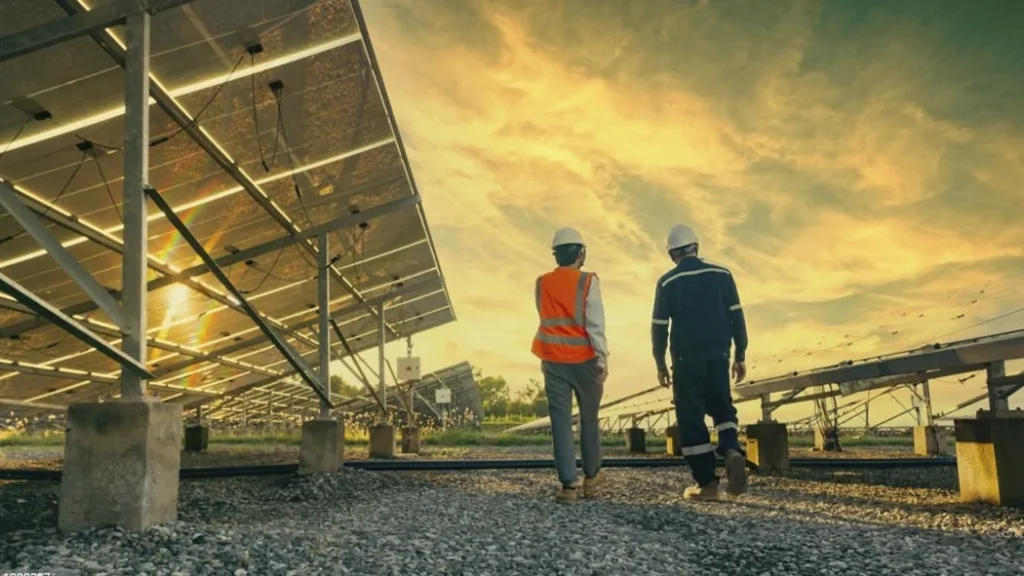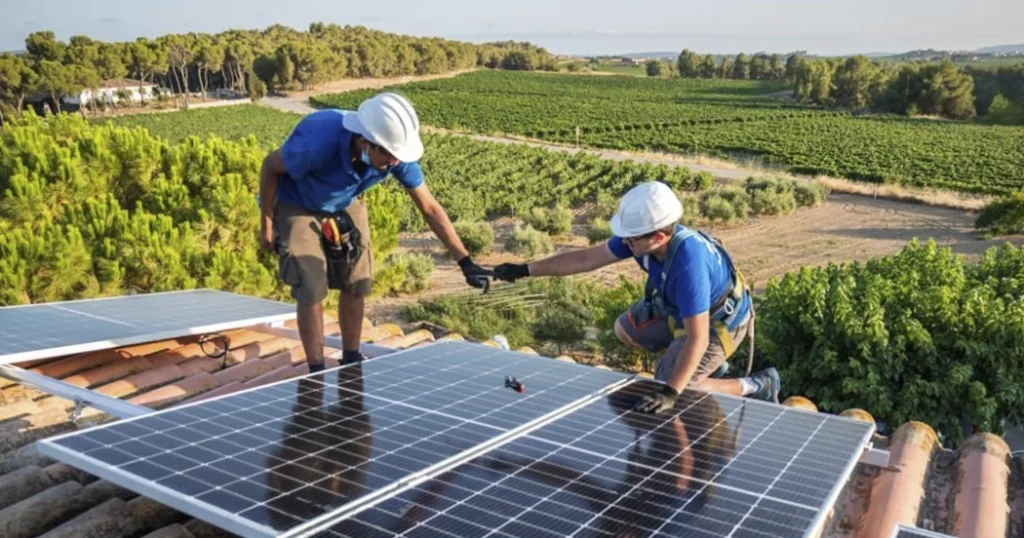Solar panels generate electricity by converting sunlight into electrical energy, so it’s natural to assume that they are less efficient in cloudy weather. While it’s true that solar panels perform best in direct sunlight, they can still generate electricity on cloudy days, albeit at a reduced rate.
The amount of electricity generated by solar panels on a cloudy day depends on several factors, such as the thickness and type of clouds, the time of day, and the location of the solar panels. Generally, solar panels can still generate up to 25-30% of their rated power output on cloudy days.
Moreover, some newer solar panel technologies are designed to work more efficiently in low-light conditions. For example, some panels use anti-reflective coatings to capture more sunlight, while others use backside contacts or bifacial technology to capture light from both sides of the panel.
It’s important to note that even on cloudy days, solar panels can still generate enough electricity to meet household needs, especially when combined with energy storage solutions like batteries. Additionally, many solar energy systems are designed to produce more electricity than needed, allowing excess electricity to be stored for later use or sold back to the grid.
Overall, while solar panels perform best in direct sunlight, they can still generate electricity on cloudy days, albeit at a reduced rate, and newer technologies are improving their efficiency in low-light conditions.
I had my solar energy system installed by Solar Go Energy, and I’m impressed with its performance even on rainy days. From the initial consultation to the installation, the team was friendly, professional, and provided excellent customer service. I would recommendSolar Go Energy and their team to anyone looking for clean and reliable energy!
Maria Fernandez



